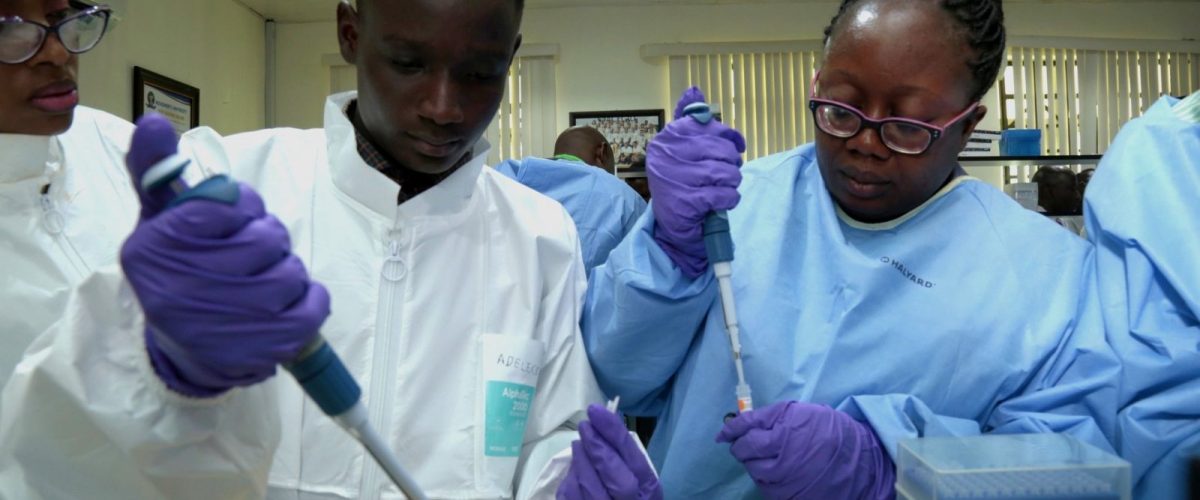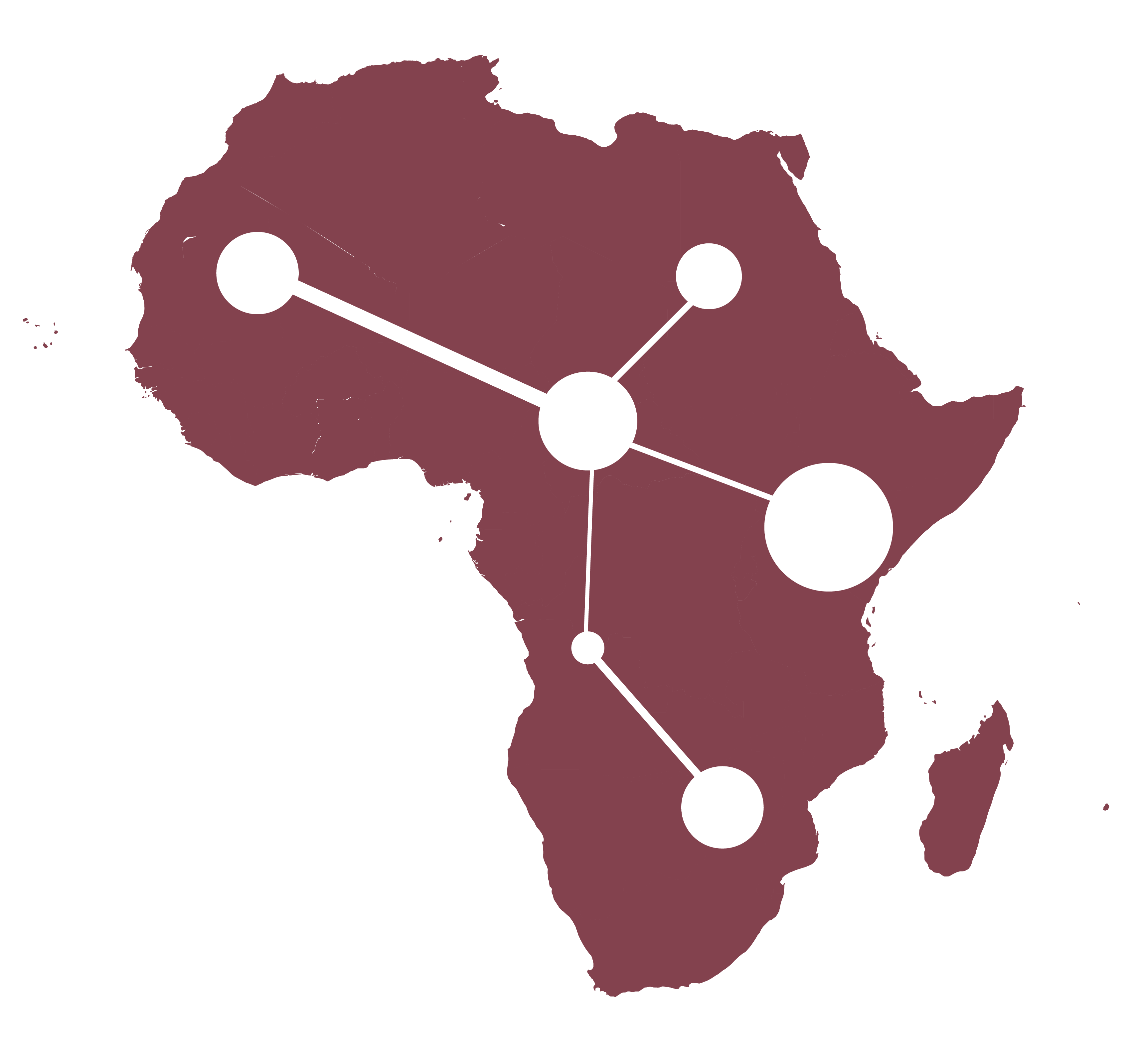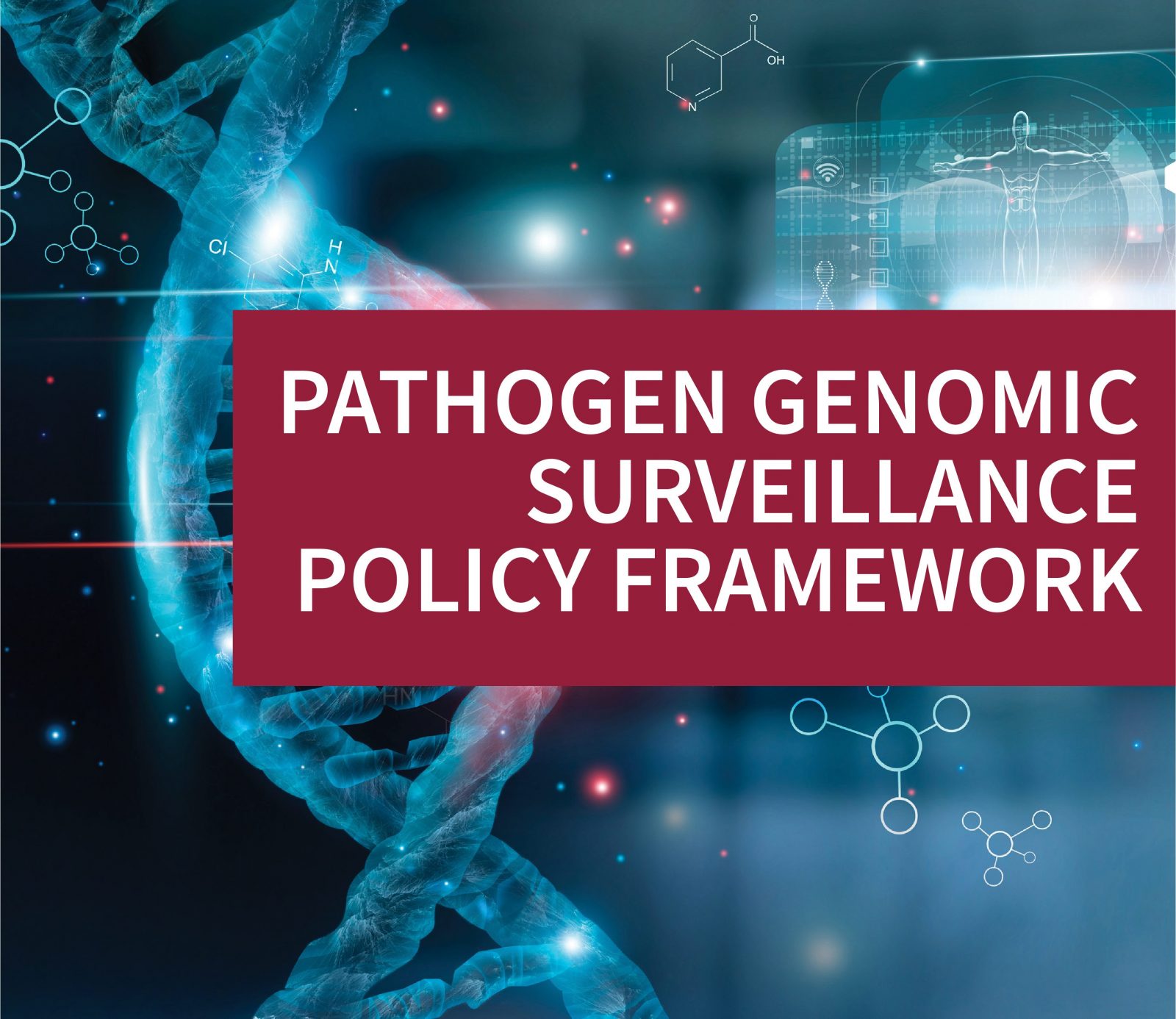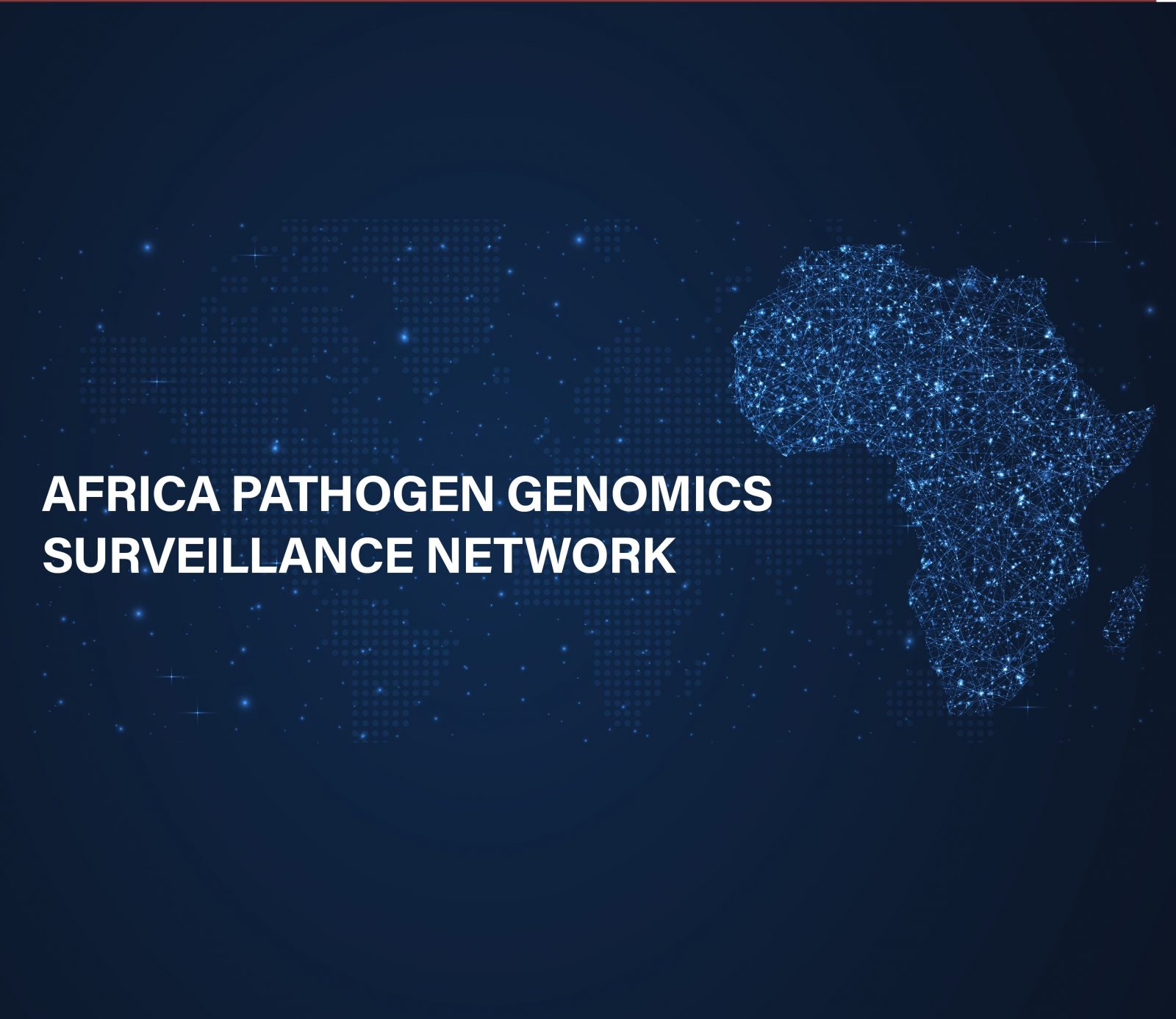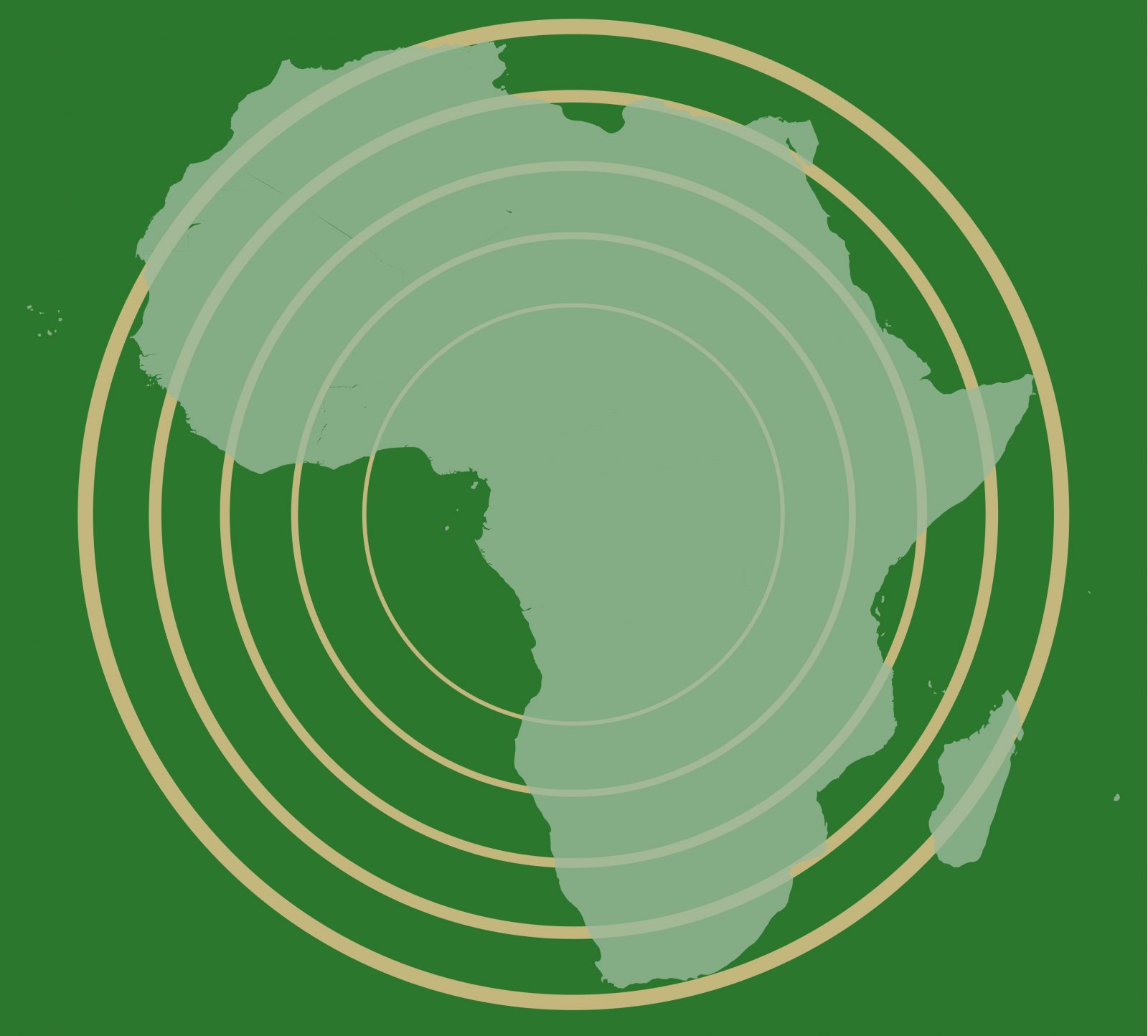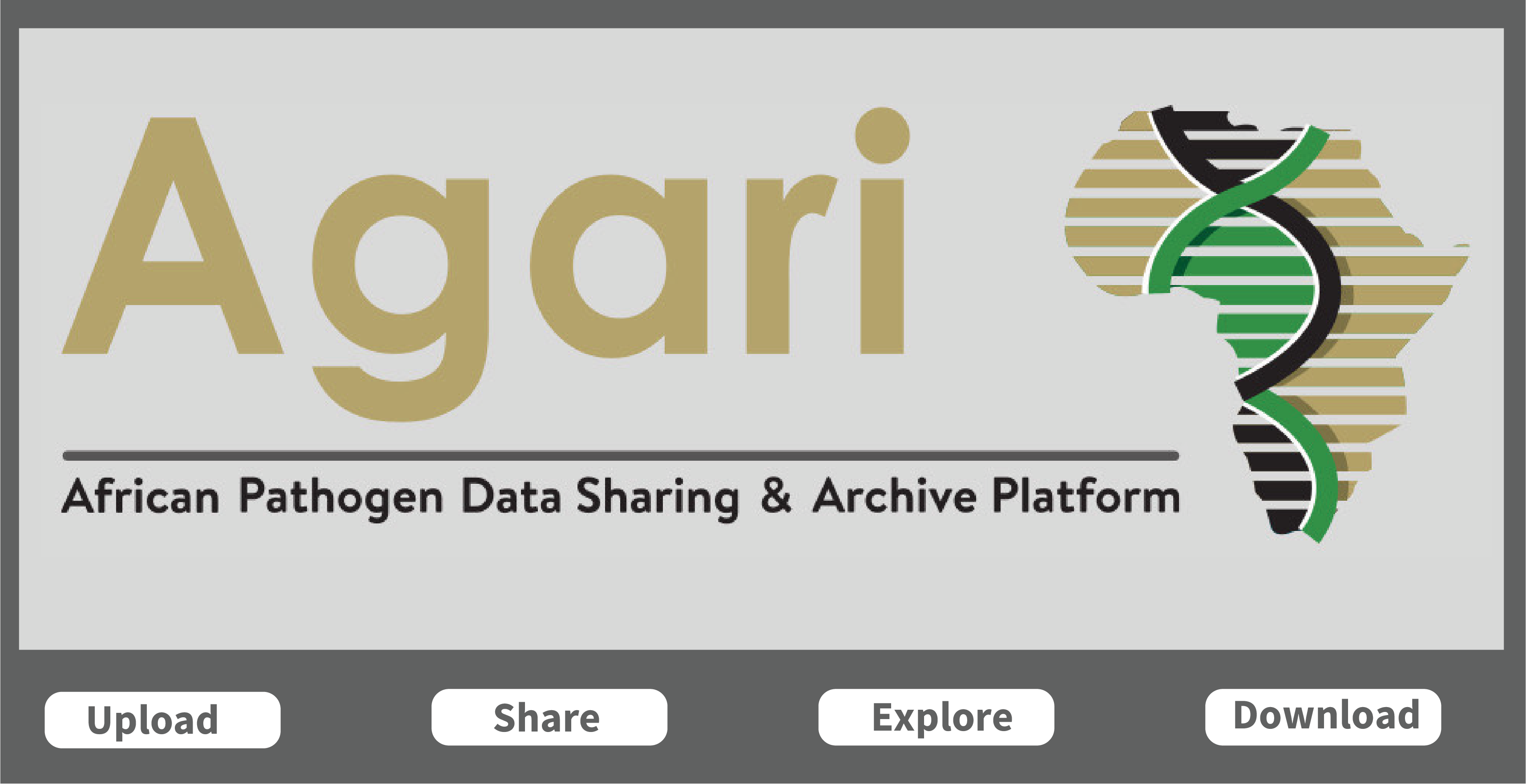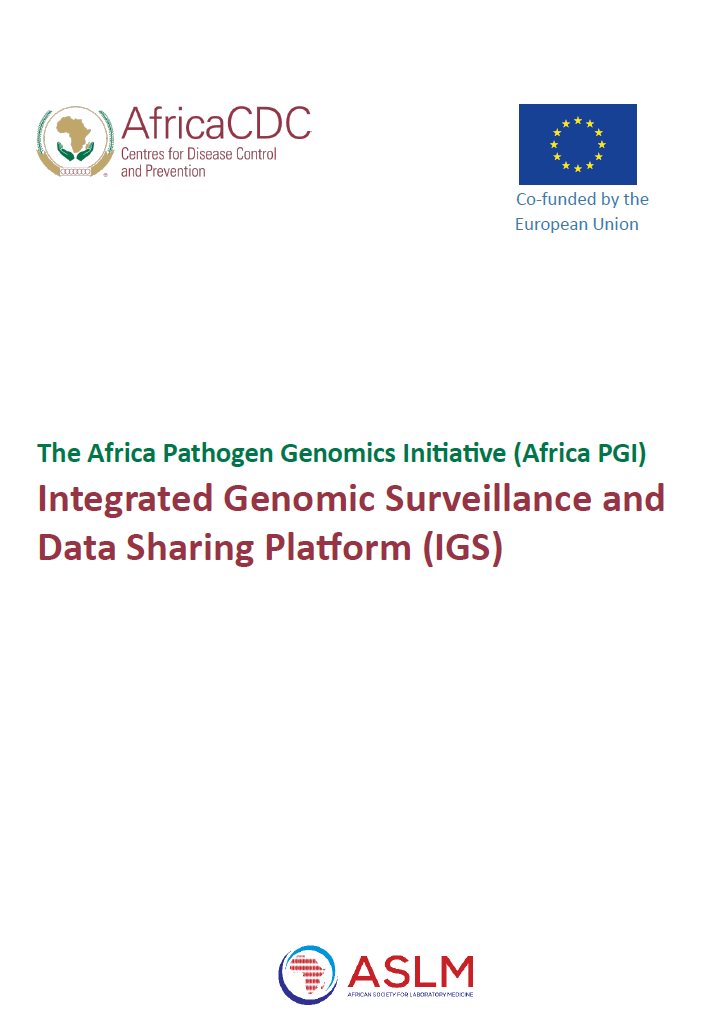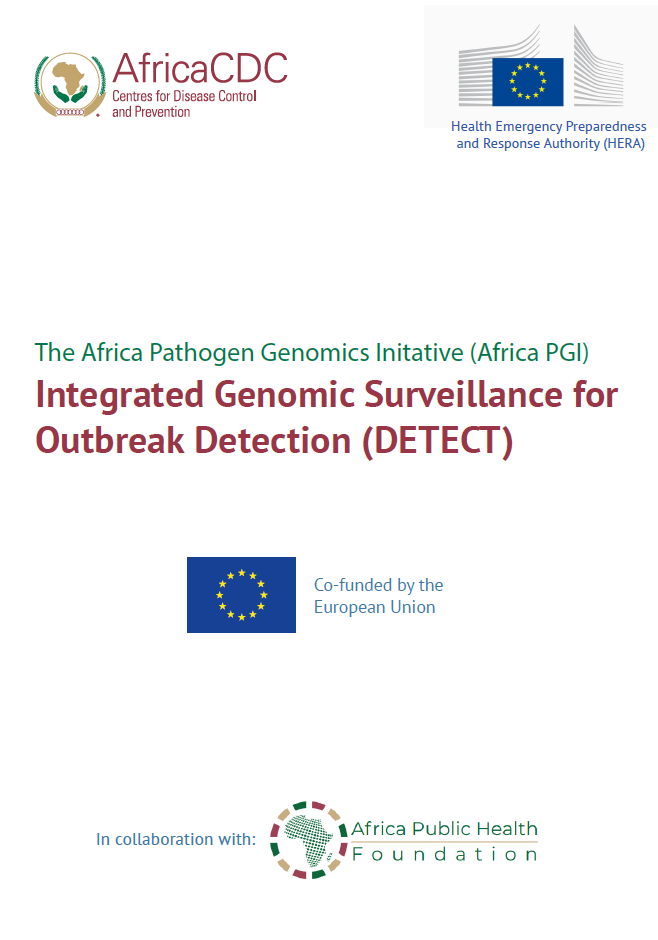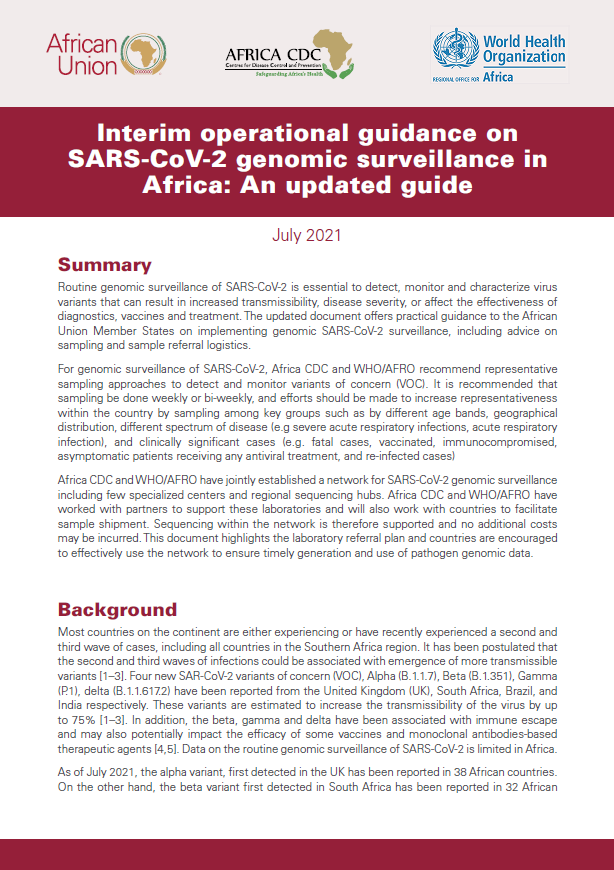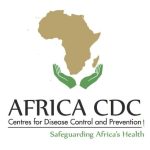Africa CDC Institute of Pathogen Genomics, through the Africa Pathogen Genomics Initiative (Africa PGI) aims to enhance disease surveillance and public health partnerships through integrated, cross-continent laboratory networks equipped with the tools, human resource capacity and data infrastructure to fully leverage critical genomic sequencing technologies.
Why is pathogen genomics important for public health?
Nearly 140 disease outbreaks are detected annually across Africa. Genomic sequencing technology will provide the scientific evidence needed for health systems to better prevent, identify and track these outbreaks, thus helping public health experts to stay ahead of novel pathogens and re-emerging diseases. It will allow health systems to better tackle pathogens that cause diseases like COVID-19, polio, malaria, tuberculosis, HIV/AIDS, cholera, Ebola, and emerging health threats. In resource-limited environments, the near-real-time insights from pathogen genomics can inform the allocation of precious medical commodities like diagnostics, drugs and vaccines. Through improved surveillance that provides insights into local disease transmission, pathogen genomics can inform data-driven public health action tailored to meet local needs.
Public health benefits of pathogen genomics
- Surveillance: Genomic sequencing enhances the ability to detect emerging disease threats, bolster pandemic preparedness and monitor endemic disease control efforts.
- Pathogen characterization: It helps in the identification of variation among pathogen strains for the prevention and control of antimicrobial resistance.
- Product development: Genomic sequencing informs research and development of vaccines, therapeutics and diagnostics, and enhances monitoring of efficacy in diverse populations.
- Delivery programmes: It helps in the optimization of vaccination campaigns and medical product introductions to at-risk populations.
Genomic sequencing technologies “read” genetic materials such as DNA and RNA and help researchers analyse changes in these materials over time. Next-generation sequencing (NGS), developed over a decade ago, allows researchers to ask more complex questions and obtain answers much faster and cheaper than was previously possible, enabling rapid, effective and data-based public health decisions.
COVID-19 has been a powerful reminder of the importance of disease surveillance systems and genomic sequencing technologies in advancing public health. However, this potential is still far from being realized in Africa due to the high costs of NGS equipment and tools, limited funding, and inadequate infrastructure and framework for data-sharing. Democratizing the use of next-generation sequencing technology in Africa and other low and middle-income regions will enable partnerships and upend the decades-old paradigm of reliance of cutting-edge global health innovation on technical or academic partners from the global north.
Broader health goals and the Africa CDC
The Africa Health Strategy 2016-2030 aims to strengthenhealth systems to achieve global development goals, Universal Health Coverage (UHC) and the health security agenda. Establishing effective systems for disease surveillance is a critical piece of the strategy, and pathogen genomics technology can help enhance this. Pathogen genomics will strengthen the infrastructure established by Africa CDC, the continent’s leader in disease surveillance and key implementer of continent-wide health sector strategies.
News & Announcements
Partners
Public Sector
Private Sector
Philanthropic Sector
Contact Us
For more information please get in touch:

